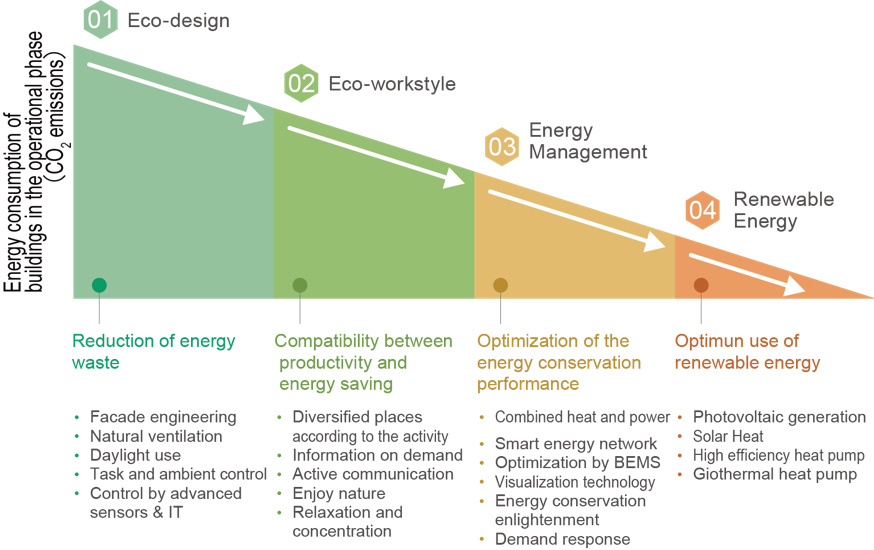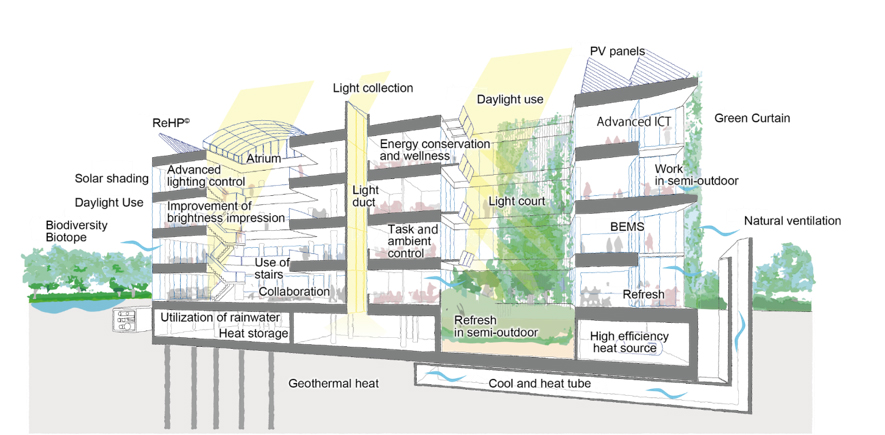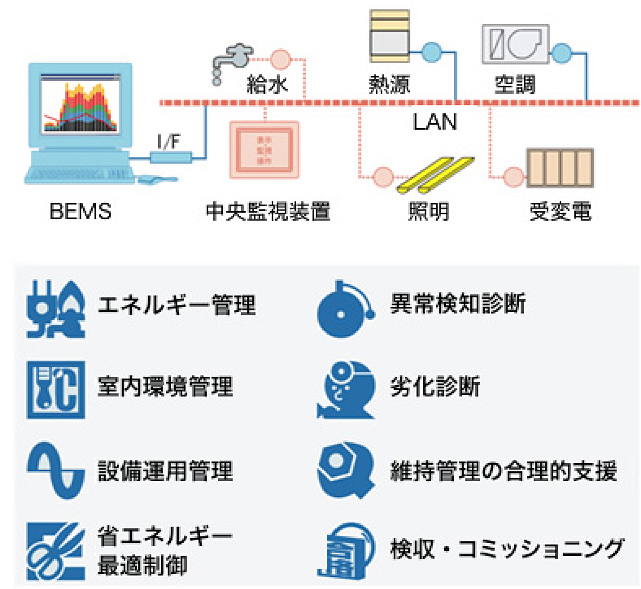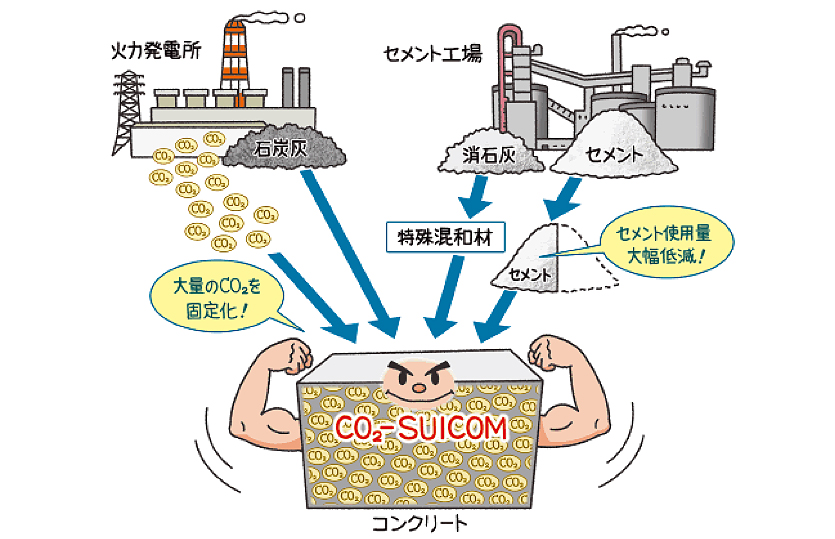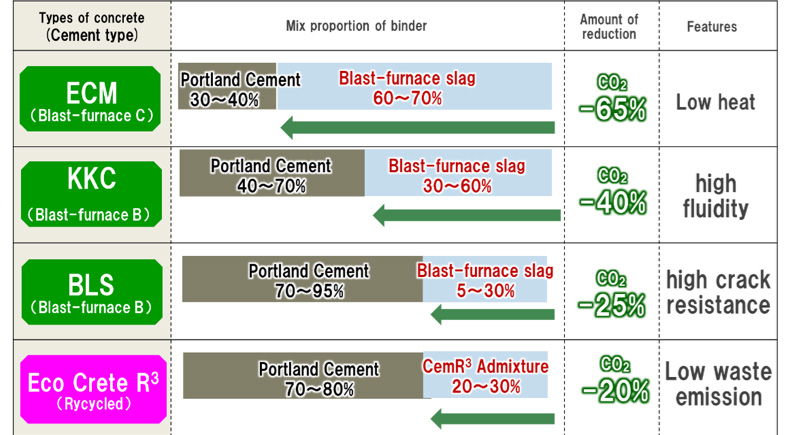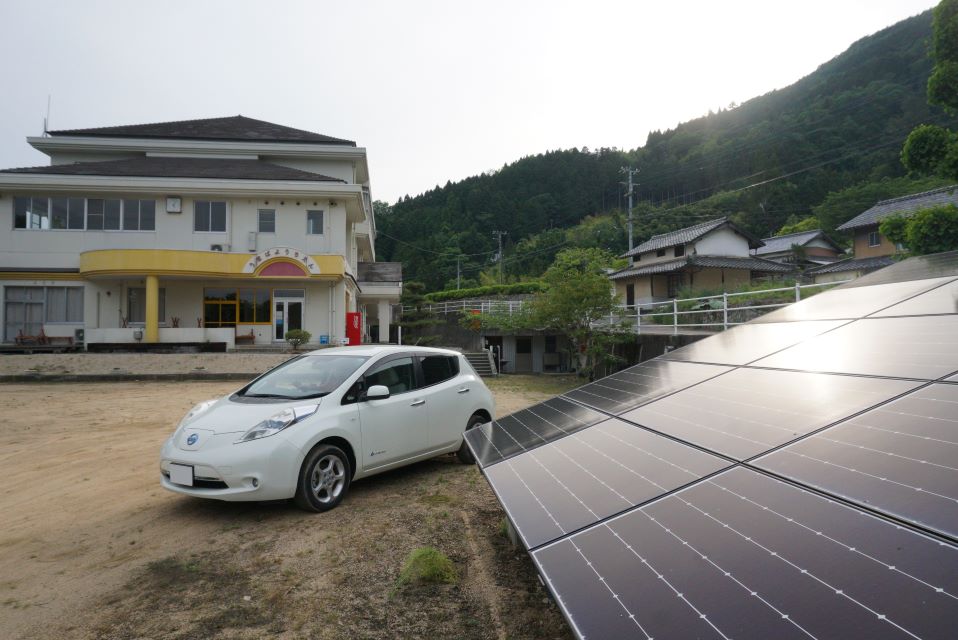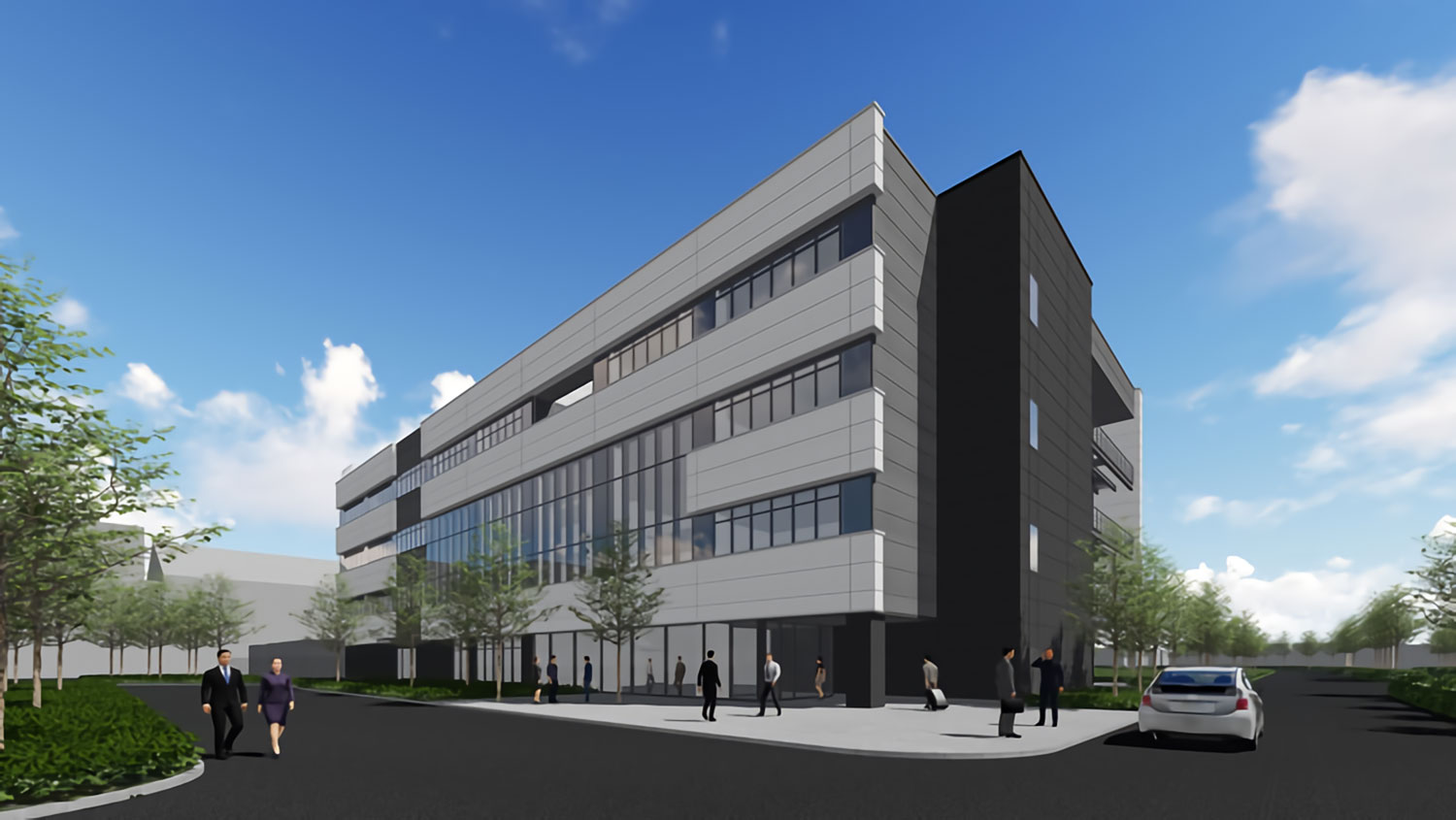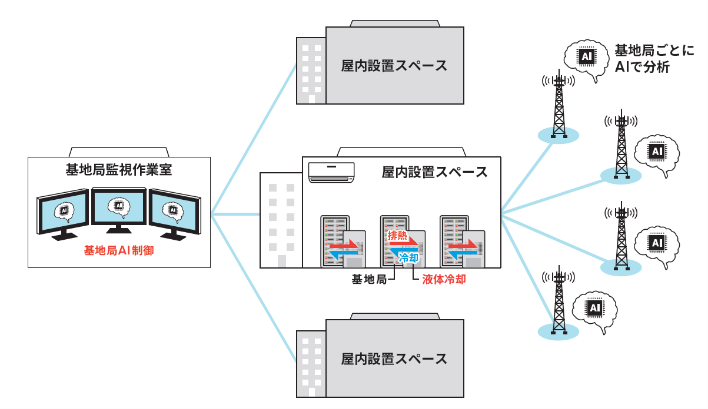ZEB (Zero Energy Building)
KAJIMA CORPORATION
Outline
ZEB (net zero energy building) means a building which energy consumption is as close to as zero.
The realization of ZEB is considered as an important measure in the Strategic Energy Plan in Japan in 2018, where it is said that “GOJ aims to achieve ZEB on average with regard to newly constructed buildings, by 2020 for non-residential buildings and by 2030 for newly constructed public buildings nationwide”.
Kajima has been working actively to realize ZEB and to make them common by integrating measures in four categories below (Figure 1).
1. Eco design
2. Eco work style
3. Energy management
4. Renewable energy
Description
Kajima has been moving forward to Triple Zero 2050, the future images in2050 proposed by Kajima. One of the images is realization of low carbon society. The transit point in 2030 is “generalization of ZEB Ready and realization of net ZEB in Top Runner Approach”.
Kajima began to take measures on energy conservation for buildings in Oil Shocks of 1970s and has been continuing its efforts to date. After the era of 2000s, when global warming had become an urgent problem, Kajima has been accelerating its efforts.
In relation to ZEB, Kajima tried to realize a common office building with low energy consumption and economical rationality as KT Building in Tokyo in 2016, which concept is the realization of a model case as an urban midsized office building. KT Building was admitted as “ZEB ready” under the energy conservation rating system of BELS (Building-housing Energy-efficiency Labeling System) in Japan.
The ideas of “ESG investment” and “SDGs oriented” are gradually permeating in the industrial sector of construction. Measures to ecological estates are adopted a lot as a result. ZEB ready buildings with highly economical rationality are required much from these viewpoints.
Kajima continues to develop new technologies on the basement of accumulated knowledge and experiences related to energy conservation. IoT and AI related technologies are applied to them as trials.
Building Energy Efficiency Act has come into force in Japan since 2015 and mandatory compliance with energy efficiency standards began in 2017. It is requisite to adapt to them and Kajima takes actions in design and construction to realize buildings with much higher energy performance.
One of transit points in 2030 to Triple Zero 2050 is the reduction of CO2 emission by 30% in the operation of newly constructed buildings according to the energy conservation standard mentioned above. Kajima tries to design and construct buildings to reduce more energy and its actual result of reduction was 23.2% in 2018, to which year Kajima had set its target value as 20%.
By setting ZEB as a higher target of energy conservation in buildings, Kajima tries to improve its design and its engineering in construction.
There is an additional issue to energy conservation in buildings. That is proposing environment-conscious buildings with higher values, which brings improvement of workplace productivity for clients.
There are also needs of buildings for BCP, resilience and workstyle reformation, which attract much attention recently. Kajima tries to propose smart wellness offices which contribute safety, security, health and comfort, adding to the productivity, with high energy performance (Figure 2).
Supplementary information
Kajima Corporation Web Site (in Japanese)
https://www.kajima.co.jp/tech/energy_save/index.html
Kajima Environmental Vision-Triple Zero2050
https://www.kajima.co.jp/english/csr/environment/target/index.html
Other Innovation Challenges
Similar Innovation Challenges
Accelarating the penetration of renewable energy resources with “Open Energy System”
Sony Group Corporation
Achieving net-zero carbon emissions from plant factories using full artificial lighting
Taikisha Ltd.
Advanced technology for buildings providing energy-saving and comfortable indoor environment (under Net Zero Energy condition)
Mitsubishi Electric Corporation
AI control reduces base station power consumption by up to 50%
KDDI CORPORATION



